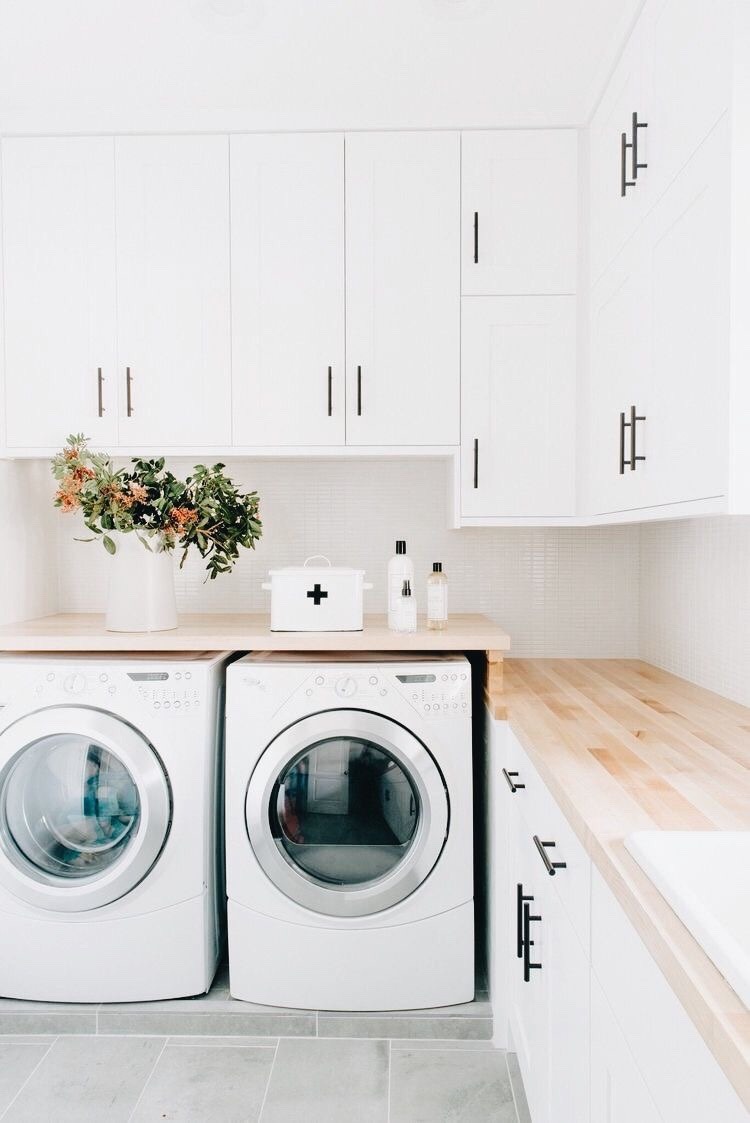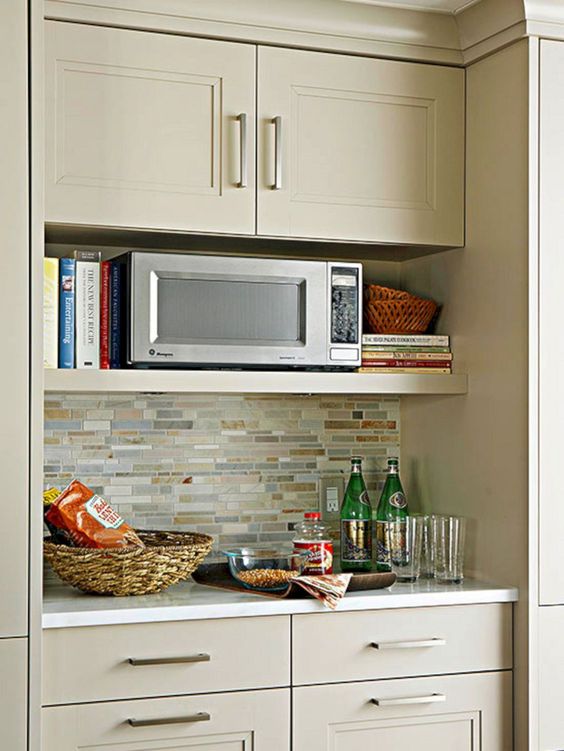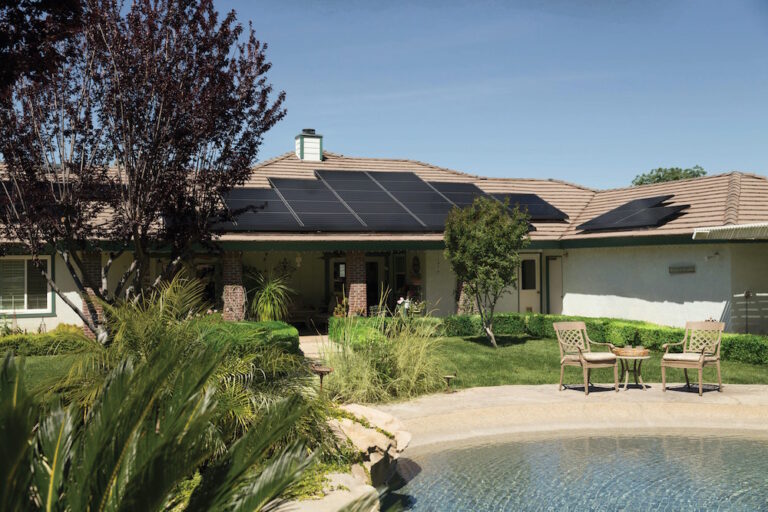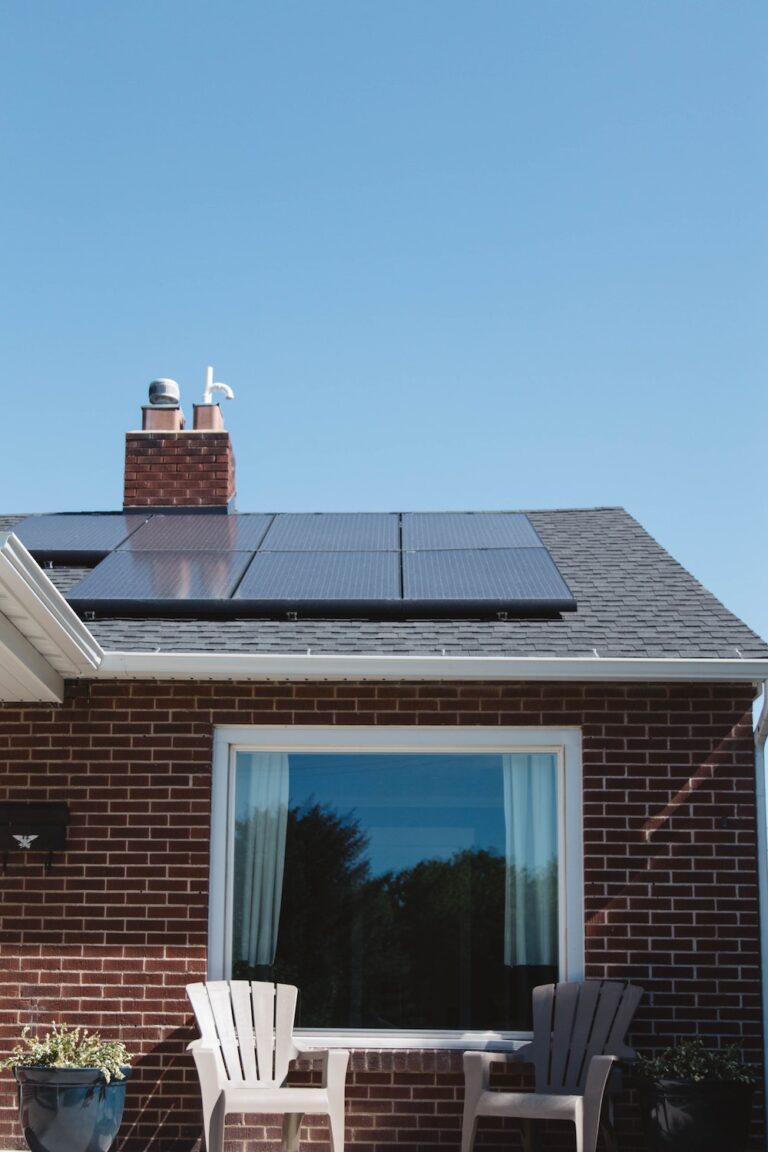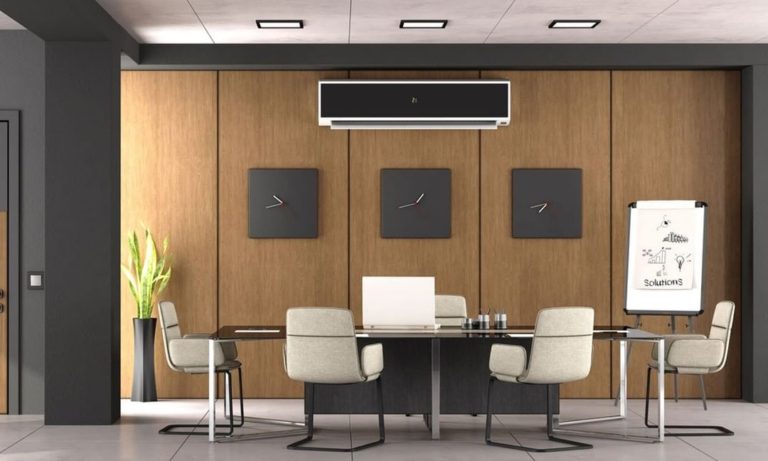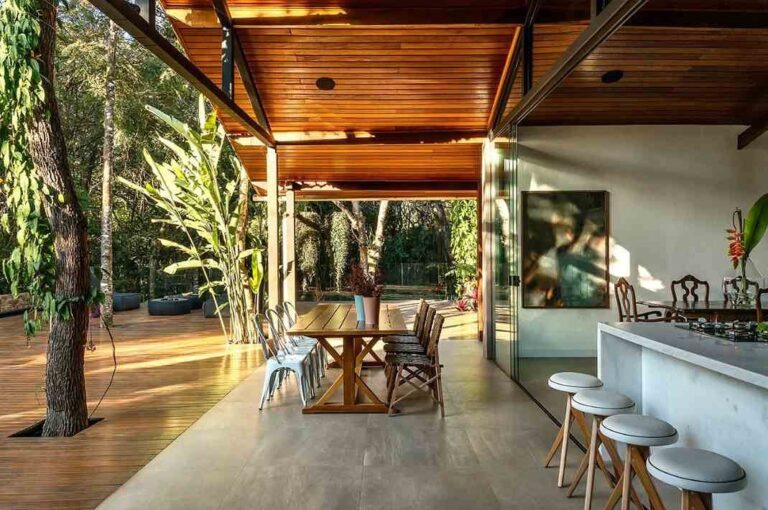23 Ways To Make Your Home More Eco-Friendly
Choosing to make your home more environmentally-friendly is important for so many reasons. Not only will it help towards sustaining the environment and the wider world we live in, but it can also save you some money in the process.
You only have to look out of the window to see how crazy the world has become – wildly unpredictable weather, sea levels on the rise, slowly melting ice caps, and an unprecedented level of plastic appearing in our oceans. Enough is enough.
While it’s easy to say ‘it’s up to the politicians and lawmakers to sort out the planet’s problems’, is that really the right attitude to have? By making small, and I mean small, changes to our homes we can make our world a much more sustainable place to live in. A famed Indian activist once wisely said: “Be the change you want to see in the world.” Now is the time to enact those changes.
So, how do you go about it? What can you do to make your home more eco-friendly? Here are 23 ideas to get you started.
-
Change your light bulbs
Replacing your light bulbs can make a big difference to your electricity bill. Old-fashioned light bulbs waste nearly 90% of their energy as heat so, while they may be a lot cheaper to buy than LED or CFL (compact fluorescent) bulbs, they’re no way near as long-lasting or energy efficient. Get them swapped.

-
Save water
Water is a finite source so it’s important to conserve it when possible. Older toilet models used to use between 3.5 and 7 gallons of water every time you flushed, so installing a newer low-flow model or buying a flush-saving device like this one could cut your water bill down significantly. Likewise, turning off the tap while brushing your teeth, installing a low-flow showerhead like this one, or using a water butt in the garden could all save on water use as well.
-
Insulate
When you heat your home, a lot of that energy can seep out through your loft, basement or any other small gaps in your home’s structure. This means you then spend more money on your heating to keep the house feeling warm and cosy. Not ideal. Choosing to insulate these areas can reduce your home’s energy consumption, making it easier to maintain a consistent temperature, and cutting your energy bills significantly.
-
Buy recycled
Furniture, clothes, appliances – whatever it is, it’s often tempting to splash out on brand new items. However, choosing to buy recycled and second-hand items will not only save you a lot of money, but it will also mean you are helping out the environment as well. Talk about a win-win.
-
Go solar
Utilizing solar energy can be a highly cost-effective way of saving both the planet and your money. Try using solar-powered lights like these in your garden instead of mains-powered ones. Or, how about a solar-powered phone charger or waste compacting bin? If you’re feeling particularly flamboyant, you could even install solar panels on your roof to really cut down your energy costs. This might even make you some money, as any energy you don’t use can be sold on to the National Grid.
-
Use renewable energy solutions
In a similar way to solar energy, other renewable energy solutions, such as ground source heat pumps, can be equally cost-effective, with a leading UK provider estimating savings of between £660 and £1000 per year. Not only that, but they can also provide an additional source of income via the Domestic Renewable Heat Incentive. What’s not to like?
-
Exclude pesky draughts
Having gaps in your doors or single-glazing on your windows can mean that a lot of your heat energy leaks out into the outer environment, costing you money. Guard against this by installing draught excluders around any windows, doors or chimneys and by adding secondary-glazing to your windows. While it may seem expensive to install at first, it’ll save you a lot in the long run.

-
Smart meter? Smart choice
Smart meters are a great way of keeping on top of your energy use. You can set heating schedules for your radiators to come on at specific, more cost-effective, times of the day and monitor how much energy you are using on a day-to-day basis. How much you use might just shock you.
-
Create compost
Food waste is a problem worldwide, so combat against it by choosing to recycle more often. Coffee grounds, fruit and vegetable peels, eggshells, napkins and paper towels can all be recycled to produce compost. This compost can then be used in your garden to help grow your own tasty fruit and veg.

-
Plant more trees
Talking of gardens, plants are our friends. Not only do they look nice and make gardens more appealing, but they also break down atmospheric carbon dioxide (CO2) and produce oxygen for us to breathe in. Due to the growing threat of deforestation and CO2 levels at their highest for 800,000 years, planting more trees is an important preventative measure.
-
Turn plugs off
It might seem obvious, but turning off appliances can save you a ton of money. Certain appliances, such as TVs and phone chargers, still use a lot of energy when they’re left plugged in. Avoid this by simply flipping the switch and turning them off.
-
Go local
We all accept that buying home-grown fruit from your local greengrocer is much more economical than buying fruit that has been shipped across the world, so why not do the same when it comes to your home? Using locally sourced materials and tradesmen will not only reduce the amount of carbon created during transportation, but it will also help support your local economy.
-
Change how you do your laundry
There are a few changes you could make when doing your laundry to improve your environmental friendliness. Firstly, 80-90% of the energy used by washing machines focuses on heating the water, so make sure to use ‘cold’ or ‘eco’ mode settings when possible. Secondly, avoid using the tumble dryer and opt to line-dry when you can. If you must use the dryer though, make sure to clean its filter regularly, as it will lose efficiency if it gets clogged up with fluff. Also, invest in a set of wool dryer balls – they speed up drying times, sort out clothing wrinkles and basically last a lifetime.
Next-level eco-warriorship…
We have talked about some of the main ways you can change your home to become more sustainable. However, if you’re willing to go a few steps further, you can become a true eco-warrior by thinking about some of these other ideas:
-
Install underfloor heating
Underfloor heating is a much more efficient way of heating your home than using traditional radiators. It can also be installed in older properties more easily than you think and will create more space in your home (for more plants).
-
Create eco-builders
If you are using a builder for any construction work in and around the home, use your consumer power to the max by asking them to recycle their materials after use, instead of simply dumping them into a skip.
-
Wooden windows > UPVC
Wooden frames are easier to repair and are less polluting than cheaper UPVC frames. They will also last longer and provide you with better insulation.
-
Reduce your hot water temperature
If your hot water tap is scalding hot whenever you turn it on, and you have to use the cold water tap to reduce the temperature, try adjusting the thermostat on your water heater by a few degrees. You’ll be surprised by how much money you could save.
-
Thick curtains > thin blinds
Thick curtains are better at keeping heat within your home than blinds are. They might not look as good, but they are a lot more effective.
-
Install a cool roof
Cool roofs reflect sunlight rather than absorbing it, helping to reduce your home’s energy consumption when trying to keep it cool. These are better for houses in warmer climates though, where air-con is more widely relied on, so it might not be so relevant for those of us in the UK (sad face).
-
Eat less meat and reduce food waste
More than seven tonnes of food is thrown away in the UK each year, not only wasting money but also adding to the amount of CO2 in landfills. Similarly, reducing your intake of meat (especially red meat) can have a big impact on lowering your carbon footprint.
-
Use microwaves
This might surprise you, but using microwaves to cook food is much more energy efficient than using a conventional oven.
-
Don’t drive
Unless you own an electric vehicle, driving isn’t eco-friendly at all. Try to make journeys by foot, bike or public transport if you’re looking to reduce your carbon footprint. However, when you do have to drive, make sure your vehicle’s engine is running smoothly and efficiently.
-
Replace old appliances
Newer appliances are designed to be much more environmentally friendly and energy-efficient. Fridges, ovens, toilets and boilers are all culprits of using energy very sparingly so, if you can afford it, it could be time to make a few upgrades.






